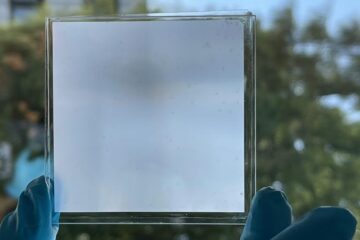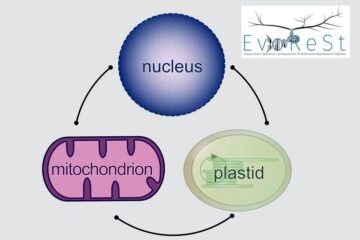Light-Harvesting Processes LHP2011

Technological activities to convert solar energy to electrical energy have been mainly focussed on solar cells based on inorganic semiconductors, which are typically manufactured in a classical top-down approach. Its natural counterpart photosynthesis however, is based on the opposite strategy, i.e. bottom-up: Starting from individual molecules and combining them to supramolecular structures.
However, in order to learn from biology how to construct systems for artificial photosynthesis a better understanding of fundamental processes like exciton transfer, charge separation and cyclic electron flow is crucial.
The process of light harvesting by antenna pigments lies at the heart of solar energy conversion. Aim of the conference is to bring together scientists from diverse fields to stimulate co-operations and to discuss options for the technological development of practical methods for the utilization of photosynthesis. The realization of the seriousness and rapidity of climate change accentuates the importance of this research for future energy supply.
Media Contact
Weitere Informationen:
http://lhp-bayreuth.deAlle Nachrichten aus der Kategorie: Veranstaltungsnachrichten
Neueste Beiträge

Neuartiges Material für nachhaltiges Bauen
Innovativer Werkstoff für eine energieeffiziente Architektur: Forschende des Karlsruher Instituts für Technologie (KIT) stellen in der aktuellen Ausgabe der Fachzeitschrift Nature Communications ein polymerbasiertes Material mit besonderen Eigenschaften vor. Das…

Neues Antibiotikum gegen Erreger der Flussblindheit und Lymphatischen Filariose
Prof. Achim Hoerauf, Direktor des Instituts für Medizinische Mikrobiologie, Immunologie und Parasitologie des Universitätsklinikums Bonn (UKB), und seinem Team ist es in Kollaboration mit der Abteilung Pharmazeutische Technologie und Biopharmazie…

Evolutionäre Genomik: Folgen biodiverser Fortpflanzungssysteme
Die Deutsche Forschungsgemeinschaft (DFG) fördert die Einrichtung eines neuen Graduiertenkollegs (GRK) in der Biologie an der Universität Göttingen. Das GRK mit dem Titel „Evolutionary Genomics: Consequences of Biodiverse Reproductive Systems…





















